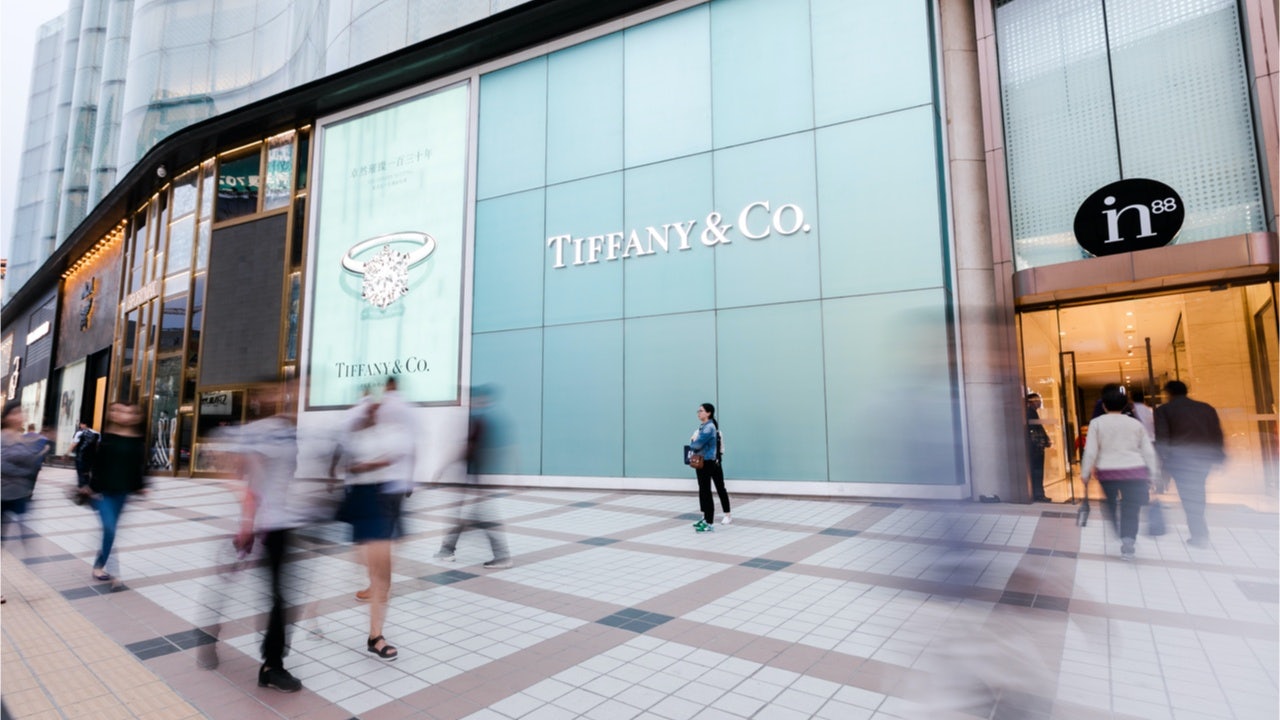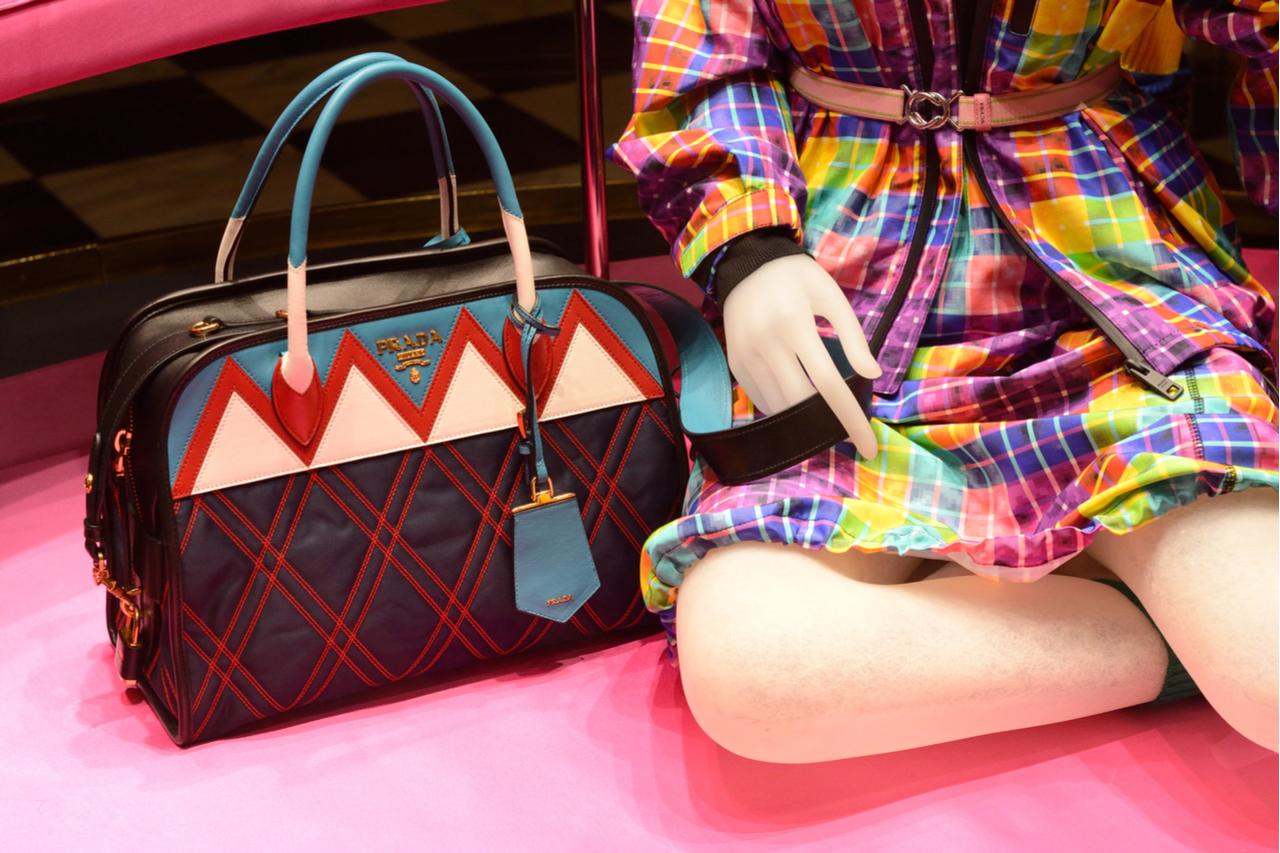In years past, consumers in China were encouraged to spend to help boost the country’s growth. As a result, younger luxury buyers were happy to react to stimulus plans and engage in excessive materialism. But the consumer habits of Chinese Gen Zers were soon making headlines — but not necessarily for the right reasons. The generation’s lighthearted attitudes were instrumental in promoting a “live beyond one’s means” trend.
A recent HSBC survey shows the debt-to-income ratio of China’s post-90s generation has reached a staggering 1,850 percent. The Star also highlights that the average debt China’s Gen. Z owes to a variety of lending and credit-issuing institutions comes to over 120,000 yuan (72,393 RMB). Meanwhile, data released by US-listed Chinese financial lending platform Rong360 reveals that around 85 percent of applicants for consumer lending in China were born after 1980. As such, the spending habits of this generation are jeopardizing China’s savings rate.
The power of this consumer bracket shouldn’t be underestimated since they represent 170 million "free-spenders" that could change China’s trajectory as a top-ranked country in national savings rates. According to CEIC Data, China’s national savings rate was 46 percent in 2018, while the world average stood at 26.5 percent. But China's shrinking saver class isn't the only thing pushing the country’s economy off course. There’s also rising inflation.
China's overall consumer price index (CPI) rose by 5.2 percent YoY during February of 2020. And as Vogue Business in China stated, “The era of increased consumer spending and high confidence, which powered the luxury consumption in China in recent years, is coming to an end.” The current economic stall and a recent inflation hike seem to be making a recession inevitable.
Consumers have different priorities during economic booms than they do during recessions. In downturn periods, consumer spending is reduced, debts balloon, and personal savings decline. Consequently, sales revenues and profits also see a sharp decline, and businesses are forced to reduce expenditures and eliminate investments. Most companies move forward by curtailing their marketing budgets while cutting costs associated with promotional activities. But this could backfire, turning into a costly mistake that alienates the core audience and pushes away prospective customers.
A smart marketing strategy could guarantee market relevance, emphasize the brand’s unique value proposition (UVP), and engage the audience at a time when consumers need diversion and sympathy. In other words, a recession might become the perfect time to grow a market share since most other brands will be stagnating.
We looked into some marketing rules for luxury brands to follow during the recession:
Focus on self-indulgence and become a woman-centric brand#
It’s very important to remember that in an economic downturn, the middle-market consumer may be tempted to eliminate unnecessary spending, and their shopping patterns will be greatly changed. This consumer segment becomes even more value-oriented and is constantly on the lookout for the next deal or promotion.
Just to put things into perspective, CNBC notes that “the financial crisis of 2008 left an indelible mark on consumer behaviors that still affect how Americans spend today.” Rod Sides, vice-chairman of Deloitte LLP, shares this belief, stating, “We’ve conditioned consumers to wait for the deal.”
Luxury retailers seemingly want to ride out this recession without cheapening their brand or using aggressive discount strategies. And if they understand the psychology of how consumers react to a downturn, they can achieve that.
The first thing retailers need to consider is that a recession is a time of general psychological distress. But occasionally, distress can provoke comforting behaviors like impulse buying or self-soothing consumption.
Since consumers feel stressed every day, they turn to retail shopping to escape reality. Consequently, fashion becomes an emotional treat that creates excitement and anticipation, pushing emotional ordeals to the sidelines. Considering that the luxury industry is all about indulgence and extravagance, this development is favorable for the fashion world. And since women are often portrayed as self-indulgent consumers, advertising directly to them could also prove to be a gold mine.
For instance, the diamond industry was one of the first to acknowledge the power of the SHEconomy, and they designed ads in line with this “Treat Yo’ Self” trend — a smart move considering that female self-purchasing is on the rise, especially among 25-to-39-year-olds, according to De Beers. The “self-purchasing woman” trend has taken the jewelry world by storm, and even more traditional brands like Tiffany & Co. are now embracing it.
“The contemporary woman doesn’t need to wait for her boyfriend or her husband to buy her a jewelry piece,” said Manuel Carrera, founder of the Spanish jewelry firm Carrera y Carrera, to the Observer.
Invest in discreet luxury lines#
Already in 2018, the Business Insider noted that “discreet wealth is the new status symbol.”
Since the Great Recession, inconspicuous consumption has been on the rise, and a global economic downturn should only exacerbate that trend. The elite is no longer interested in status symbols; they prefer to invest in intangible items like health and education rather than designer accessories or branded outfits.
Getting high-net-worth individuals (HNWI) to consume luxury again means prioritizing craftsmanship, mastery, and personalization. In other words: a return to the essence of luxury and a departure from the democratization trend.
According to the Asia Pacific Millionaires 2020 Report from Agility Research and Strategy, millionaires in China are more resilient and will continue to spend again after the COVID-19 outbreak. However, Agility has recorded a shift in priorities and mindset where sustainability, health, wellness, and philanthropy are key focus areas along with kids’ education.
A discreet luxury line should integrate elements of wellness into the retail experience, and luxury brands should consider partnering with holistic luxury resorts like Le Blanc Spa Resort or Ananda to bond health and recreation with luxury.

